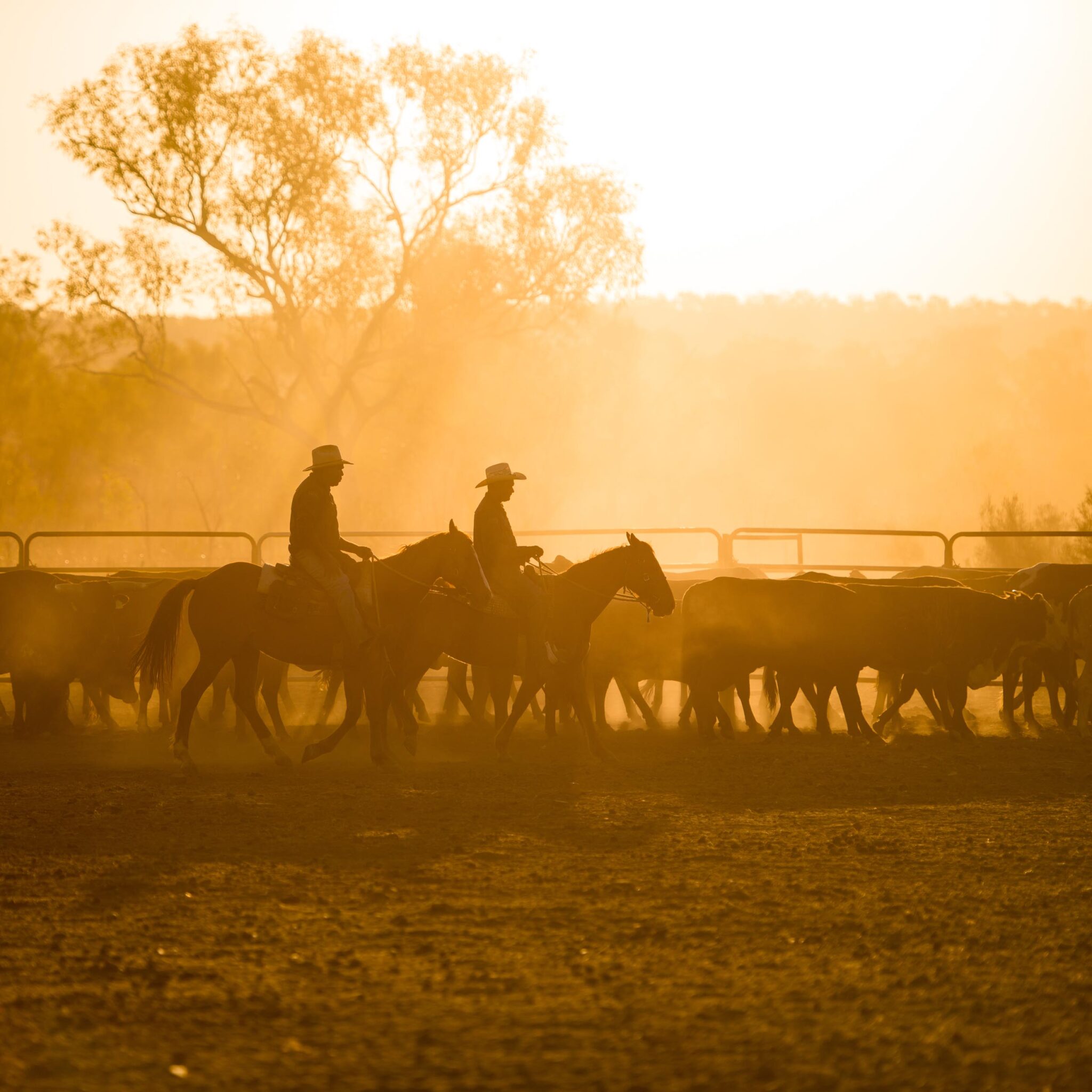The Federal Government has recently announced a further restriction on the sale of agricultural land to foreign investors, by requiring that any farm sold to a foreign investor must first be advertised widely for at least 30 days. This has been touted as a measure to ensure that Australians get a fair chance to buy any farms that go up for sale before they are picked up by foreigners, but it seems to miss the fundamental point that at the end of the day, the sale will go to the highest bidder.
This announcement is not the result of any change in the law, but simply a tightening of the existing policy around foreign investment in the Agricultural sector. Foreign Investment Review Board (FIRB) approval is needed for any acquisition of agricultural land by a foreign person where the aggregate value of the land, together with any interests in agricultural land held by the buyer (together with their associates) is valued at $15 million or more. FIRB approval will be granted so long as it can be demonstrated that the sale is not contrary to Australia’s national interest.
The recent announcement simply makes it clear that it will be contrary to the national interest for a foreign investor to buy a farm unless it has been widely advertised first, as part of an open and transparent sale process. On first glance, this might seem reasonable, and in certain circumstances it may well achieve the obvious goal of keeping Australian farms in Australian hands. However, it does not take much imagination to identify a number of situations where these rules will simply add another hurdle in an already complicated process, for both buyer and seller, for no obvious change to the ultimate outcome.
An open and transparent sale process means:
- public marketing/advertising was undertaken for the sale of the property, using channels that Australian bidders could reasonably access (e.g. advertised on a widely used real estate listing site or large regional/national newspaper);
- the property was marketed/advertised for at least 30 days; and
- there was equal opportunity for bids or offers to be made for the property while still available for sale.
There are a number of circumstances that will specifically be exempt from the advertising requirements, including where the property was previously on the market (in the last six months) but did not sell, where the buyer has significant Australian ownership (i.e. 50% or more) or where the land is being bought to comply with government requirements (e.g. for mining buffer zones). Presumably FIRB will recognise that there are also other circumstances where the requirements are inappropriate (like for transfers between related parties) but no further guidance is available at this stage.
The take home message for farm owners looking to sell their farm is to factor in the additional time and cost of an appropriate advertising campaign or risk locking out your potentially most lucrative market. For foreign investors, particularly those with a targeted acquisition strategy, it will be a case of negotiating with the vendor to ensure that the advertising requirements are met. Either way, we can hear the rural real estate agents cheering from here.
